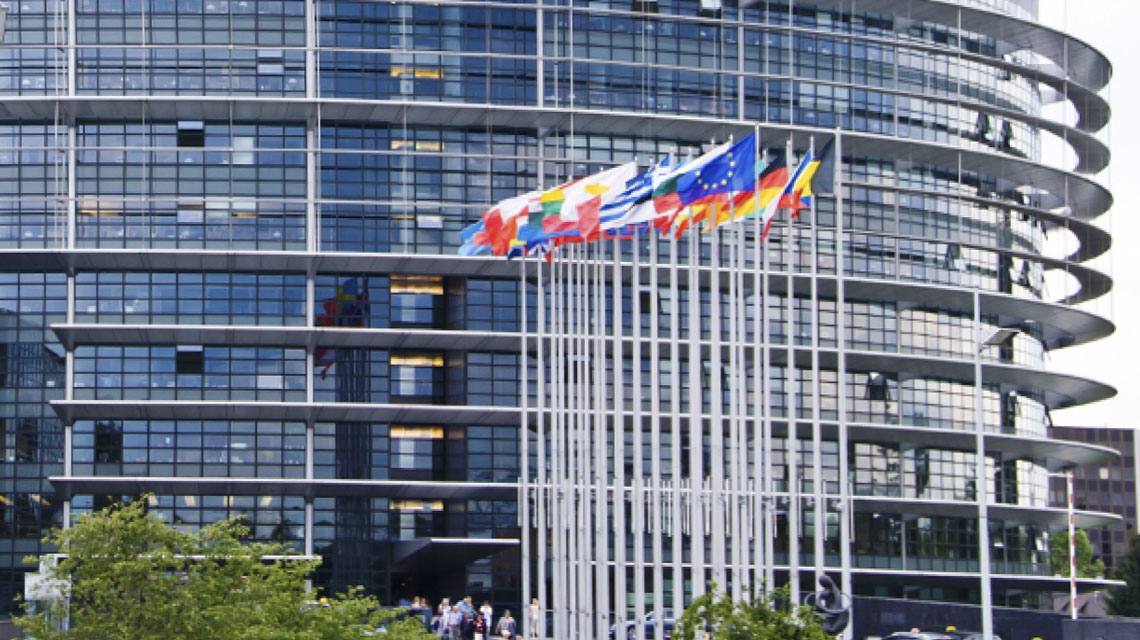The Master in European Studies

includes 3 possible orientations:
THE ORIENTATION «CULTURES AND SOCIETIES»
is part of the legacy of the founder of the European Institute, Denis de Rougemont, for whom culture played an essential role in the construction of Europe. This orientation focuses on the diversity of Europe's cultural sources, its rich history and its long process of construction. The orientation includes courses in history, the history of ideas, as well as courses which explore the different dimensions of European culture: literature, cinema, intercultural relations, cosmopolitanism, etc.
THE ORIENTATION «ECONOMICS, POLITICS AND SOCIETIES»
includes courses in political science, sociology and economics. In addition to its focus on the European Union (EU) institutions, internal policies, relations with citizens, the media and security issues, this orientation places particular emphasis on the international aspects of the EU. In relation to economics, the orientation offers unique courses on the economic relations between Europe and the rest of the world, particularly developing countries.
THE ORIENTATION «INSTITUTIONS, LAW AND SOCIETIES»
focuses on the major role played by law in the process of European integration. The bases, construction, principles and application of European law provide the framework for this orientation. In the context of European integration, European law seems to predate European society. Within this orientation, the issue of how national societies, with their respective laws, and supranational European law can coexist is explored from an interdisciplinary perspective.
To complete their degree, students may opt for a work placement or a dissertation. The work placement aims to prepare students for professional activity and requires that students write a final report about the experience gained, while the dissertation prepares students for academic research.
useful information
DURATION OF STUDIES
2 years (4 semesters)
LANGUAGE OF INSTRUCTION
French
Passive knowledge of English recommended.
ADMISSIONS CONDITIONS
Bachelor or equivalent degree.
Admission based on application file.
unige.ch/gsi/fr/programmes/maee
STUDY PROGRAMME
4 semesters (max. 6 semesters) | 120 ECTS credits
Core curriculum for the 3 concentrations
30 credits
- European culture
- European history
- Political integration
- European law
- Economic integration
Methodological and interdisciplinary seminar
6 credits
Orientation-specific courses and electives
54 credits
Work placement or dissertation
30 credits
LEVEL OF FRENCH REQUIRED BY UNIGE
Eliminatory general test for non-Francophones, with the exception of the following cases : www.unige.ch/frenchexam
MOBILITY
Master's students are permitted to go on exchange for one semester maximum, as early as their third semester of study, and may earn no more than 30 credits at another university. The dissertation cannot be substituted. www.unige.ch/exchange
PROFESSIONAL PROSPECTS
With the knowledge and skills acquired in the Master's programme, graduates find employment in a wide range of areas. Students often go on to work in public policy planning and implementation at the regional, national or European levels. Many opportunities can also be found in the international sector, particularly in Geneva, in European institutions, international organisations, NGOs or multinational companies. This programme also prepares graduates for further studies in journalism.
UNIVERSITY TAXES
500 CHF / semester
APPLICATION
Registration period for the academic period 2020-2021 : from January 2 to February 28, 2021.
